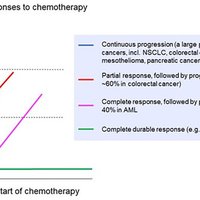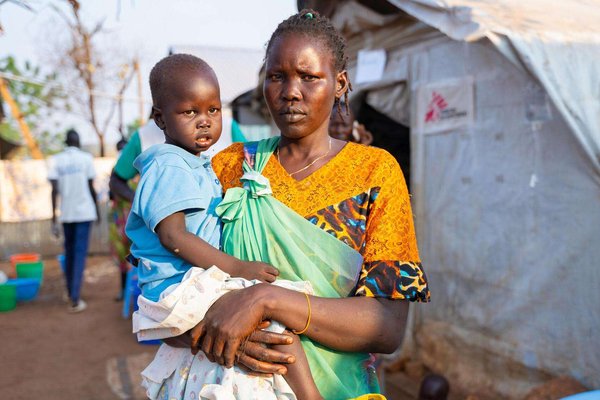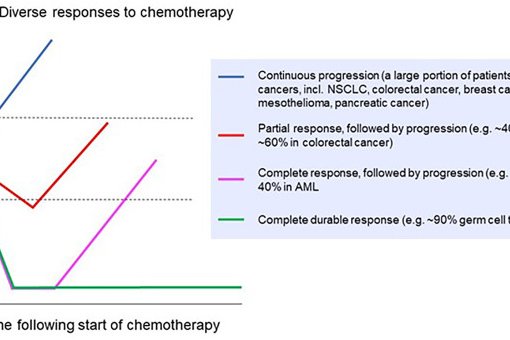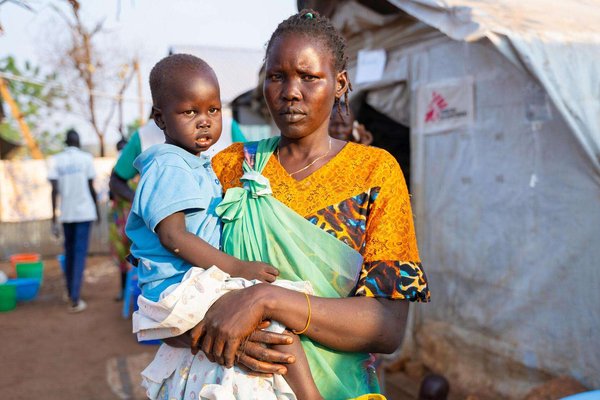Breakthrough Study: Cancer Immunotherapy Equally Effective in Older and Younger Patients
A groundbreaking study published on April 21, 2025, in Nature Communications has revealed that cancer immunotherapy is equally effective across all age groups, challenging long-held assumptions about age-related treatment outcomes.
Researchers from the Johns Hopkins Kimmel Cancer Center and its Bloomberg~Kimmel Institute for Cancer Immunotherapy have demonstrated that older adults with cancer respond just as well to immune checkpoint inhibitors as younger patients, despite known age-related differences in immune system function.
This finding is particularly significant as most new solid tumor cancer diagnoses occur in people aged 65 or older, who have historically experienced worse cancer treatment outcomes than younger patients. The study provides compelling evidence that these advanced immunotherapies can be effective regardless of a patient's age.
"Older patients do just as well, sometimes better than younger patients with immunotherapy treatments," stated Dr. Daniel Zabransky, senior author and assistant professor of oncology at the Johns Hopkins University School of Medicine.
A comprehensive meta-analysis involving over 17,000 patients confirmed no significant differences in overall survival or progression-free survival between age groups when treated with immune checkpoint inhibitors.
The research also identified key differences in immune response pathways between younger and older patients, which may help clinicians further personalize therapies and enhance treatment success in the future.
This breakthrough has important implications for both oncology and geriatrics, emphasizing that age should not be a barrier to receiving the most effective cancer treatments available and supporting a more individualized approach to cancer care.
Recent Health Articles
Countries Facing Severe Health System Disruption as WHO Warns on Global Funding Cuts
WHO warns that health systems in many countries are facing immediate disruptions due to deep funding cuts, putting millions of …
Global Health Crisis Intensifies: The First 100 Days of a Growing Humanitarian Emergency
A global health crisis unfolds as WHO reports 70% of surveyed countries experiencing system disruptions due to aid cuts, with …
Cancer Research Reveals Chemo’s Molecular Strike Against Cancer Cells
Researchers have uncovered how chemotherapy damages cancer cells at the molecular level, paving the way for more effective and targeted …
Based on the search results, I'll provide you with three significant recent health news articles in the requested format: Global Health Funding Cuts Causing Critical System Disruptions
Global health funding reductions are leading to critical medicine and supply shortages with potential long-lasting effects on worldwide healthcare systems. …
U.S. Foreign Aid Freeze Sparks Global Health Crisis as Trump Administration Dismantles USAID
The Trump administration's 90-day foreign aid freeze has devastated global health programs, dismantling USAID, terminating over 5,600 jobs, and shuttering …

Countries Facing Severe Health System Disruption as WHO Warns on Global Funding Cuts
WHO warns that health systems in many countries are facing immediate disruptions due to deep …

Global Health Crisis Intensifies: The First 100 Days of a Growing Humanitarian Emergency
A global health crisis unfolds as WHO reports 70% of surveyed countries experiencing system disruptions …

Cancer Research Reveals Chemo’s Molecular Strike Against Cancer Cells
Researchers have uncovered how chemotherapy damages cancer cells at the molecular level, paving the way …



